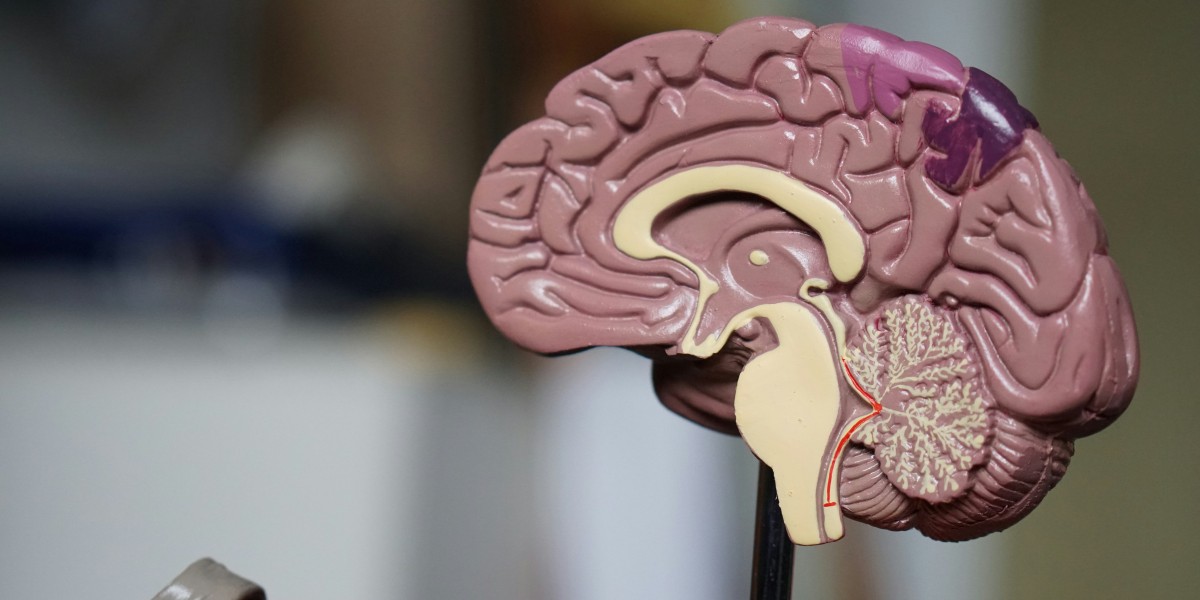In today's fast-paced world, the mental health of youth has become a pressing concern for educators, parents, and community members alike. The increasing prevalence of mental health issues among young people necessitates effective strategies for prevention and intervention. As society becomes more aware of the importance of mental health, comprehensive training programs are essential for equipping individuals with the skills to provide support and intervention.
One of the fundamental aspects of addressing youth mental health is the necessity for training in mental health first aid. This training not only enhances understanding but also fosters an environment where young people can feel safe and supported. For instance, individuals trained in youth mental health first aid are better equipped to recognize the signs of distress and respond appropriately. This foundational knowledge is crucial for anyone working with adolescents, including teachers, coaches, and community leaders.
The Importance of Mental Health First Aid Training
Mental health first aid training provides participants with the tools to identify and assist individuals in crisis. Programs designed for youth specifically focus on the unique challenges faced by adolescents, including anxiety, depression, and social pressures. By participating in this type of training, individuals learn how to approach a young person in distress, offering support and guidance rather than judgment.
Moreover, such training encourages open dialogue about mental health issues. When adults in a young person's life are educated about mental health, they can create a more supportive atmosphere. This can significantly reduce the stigma surrounding mental health and encourage youth to seek help when needed. For those interested in enhancing their skills in this area, a comprehensive course in youth mental health first aid can be invaluable.
Question, Persuade, Refer: A Lifeline for Youth in Crisis
In addition to general mental health first aid, specialized techniques such as Question, Persuade, Refer (QPR) training are crucial for addressing immediate crises. QPR is designed to teach individuals how to recognize the warning signs of suicide, initiate a conversation about mental health, and refer the individual to the appropriate resources. This approach is especially important for youth, who may struggle to express their feelings or ask for help.
The QPR technique emphasizes three key actions:
- Question: Approach the individual and ask direct questions about their feelings and thoughts. It’s essential to ask these questions in a non-threatening way, ensuring the youth feels safe to open up.
- Persuade: Encourage them to seek help and explain the importance of talking to someone who can provide support, such as a mental health professional or trusted adult.
- Refer: Provide information about local resources, support groups, and counseling services, guiding them towards the next steps.
Training in the QPR method equips participants with the skills needed to handle potentially life-threatening situations, allowing them to make a real difference in the lives of young people in crisis.
Building a Supportive Environment for Youth
Creating a culture of support around youth mental health involves everyone in the community. Schools, families, and local organizations must collaborate to provide a network of care and understanding. By promoting mental health education, communities can ensure that youth have access to the help they need. This collective effort can lead to improved mental health outcomes, decreased rates of suicide, and a greater sense of belonging among adolescents.
Furthermore, training programs should be made accessible to everyone, regardless of their background or experience. Many organizations offer workshops and online courses that cater to various audiences, making it easier for community members to participate. These programs not only provide valuable knowledge but also empower individuals to take an active role in promoting mental well-being.
The Role of Parents and Guardians
Parents and guardians play a crucial role in fostering mental health awareness among youth. By participating in training programs focused on mental health first aid and QPR, they can better understand the challenges their children face. This knowledge allows them to create an open dialogue about mental health, encouraging their children to share their thoughts and feelings without fear of judgment.
It is essential for parents to model healthy behaviors regarding mental health. By openly discussing mental health issues and demonstrating a willingness to seek help when needed, they can set a positive example for their children. This approach helps to normalize conversations about mental health, making it easier for youth to engage in similar discussions.
Community Initiatives and Resources
Communities must invest in mental health initiatives that provide support and resources for youth. Local organizations, schools, and health departments can collaborate to create comprehensive programs that address the unique needs of young people. These initiatives can include workshops, support groups, and educational campaigns aimed at raising awareness about mental health.
In addition, community members should be encouraged to volunteer their time and skills to support these initiatives. Whether through mentorship programs, leading workshops, or participating in community events, individuals can contribute significantly to the mental well-being of youth in their area. By fostering a sense of community and connection, we can create an environment that prioritizes mental health.
Conclusion
Understanding and addressing youth mental health is a collective responsibility that requires commitment from all sectors of society. Training programs such as youth mental health first aid and Question, Persuade, Refer are essential tools that empower individuals to make a difference. By providing the necessary knowledge and resources, we can build a supportive network for young people facing mental health challenges.
For those interested in taking the next step in enhancing their understanding and ability to help, exploring available courses can be a transformative experience. Engaging with these resources is a vital step towards ensuring that our youth receive the support they need, ultimately leading to healthier and more resilient communities.



